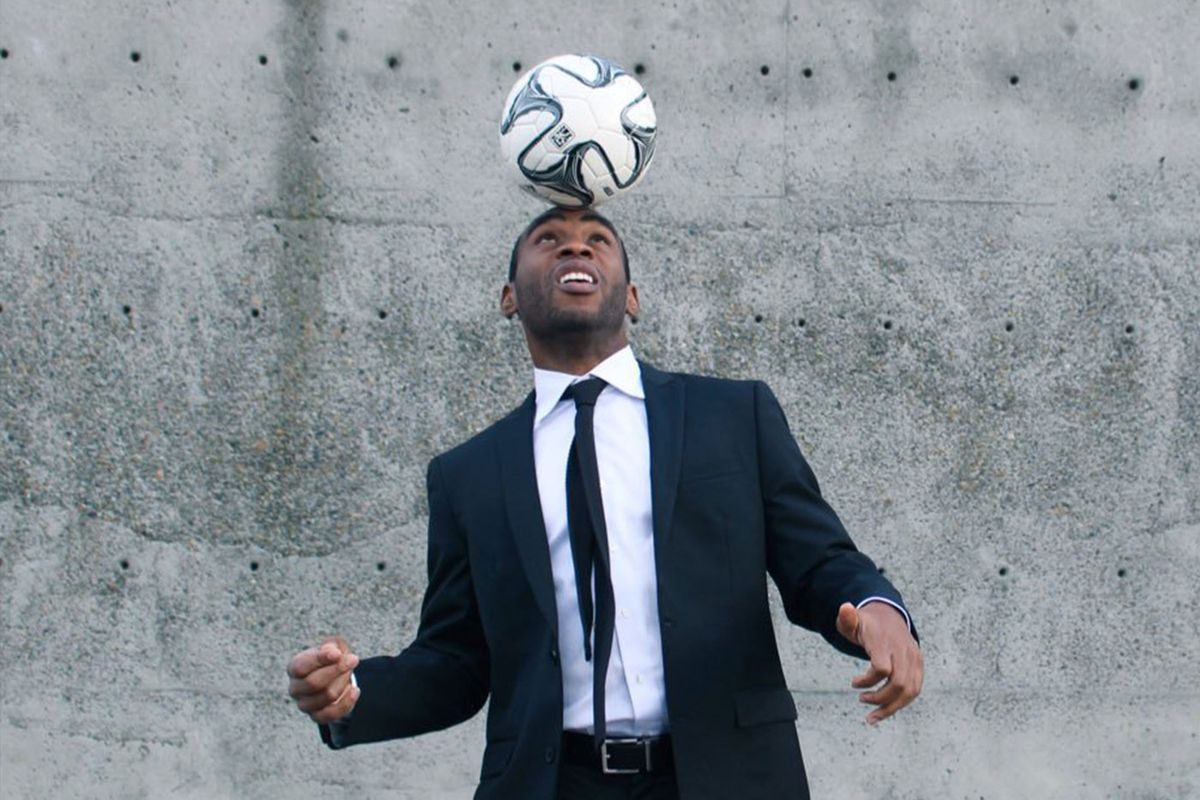Why athletes die twice? But not all!

It is often said that an athlete dies twice. Once when they take their last breath, and the other when they retire from the sport.
The reasons why athletes may struggle with the transition from their athletic careers:
Loss of Identity: For many athletes, their sport is not just a job, but a central part of their identity. When they retire, they may feel lost and unsure of who they are outside of their sport.
Lack of Structure: Athletes are used to having a highly structured and regimented schedule, with training and competition dictating much of their daily lives. Without this structure, they may struggle to find direction and purpose.
Physical and Mental Health Issues: Playing a high-level sport can take a significant toll on an athlete's body and mental health. When they retire, they may have chronic injuries or other health issues that can make it difficult to transition to a new career.
Difficulty Transferring Skills: Athletes may have a highly specialized skill set that doesn't easily transfer to other careers. They may have limited experience outside of their sport, and finding a new job can be challenging.
Lack of Support: Many athletes receive little to no support when they retire, leaving them to navigate the transition on their own. This can be especially difficult for athletes who have spent their entire lives in a highly competitive and structured environment.
Overall, the transition from an athletic career can be a challenging and complex process, and athletes may need a range of support and resources to successfully navigate it.
The truth is that not all athletes are afraid and struggling with career transition. There are those athletes that are developing the strategies to help them make the transition smoother and more successful.
What are they doing?
Career Counseling and Job Training: Many athletes have limited experience outside of their sport, so career counseling and job training can be crucial to helping them develop new skills and find employment after retirement.
Financial Planning: Athletes often make significant amounts of money during their careers, but this income is often temporary. Financial planning can help athletes manage their finances and plan for long-term financial stability.
Mental Health Resources: Retirement from a sport can be emotionally challenging, and athletes may benefit from counseling, therapy, or other mental health resources to help them cope with the transition.
Education and Academic Support: Many athletes retire from their sport at a young age and may not have completed their education. Educational programs and academic support can help athletes pursue further education and develop new skills.
Networking and Mentorship: Building relationships with people in other fields and finding mentors can help athletes develop new interests and career opportunities.
The secret to athletes avoid death after sports is to always make always time for personal development and career growth.
